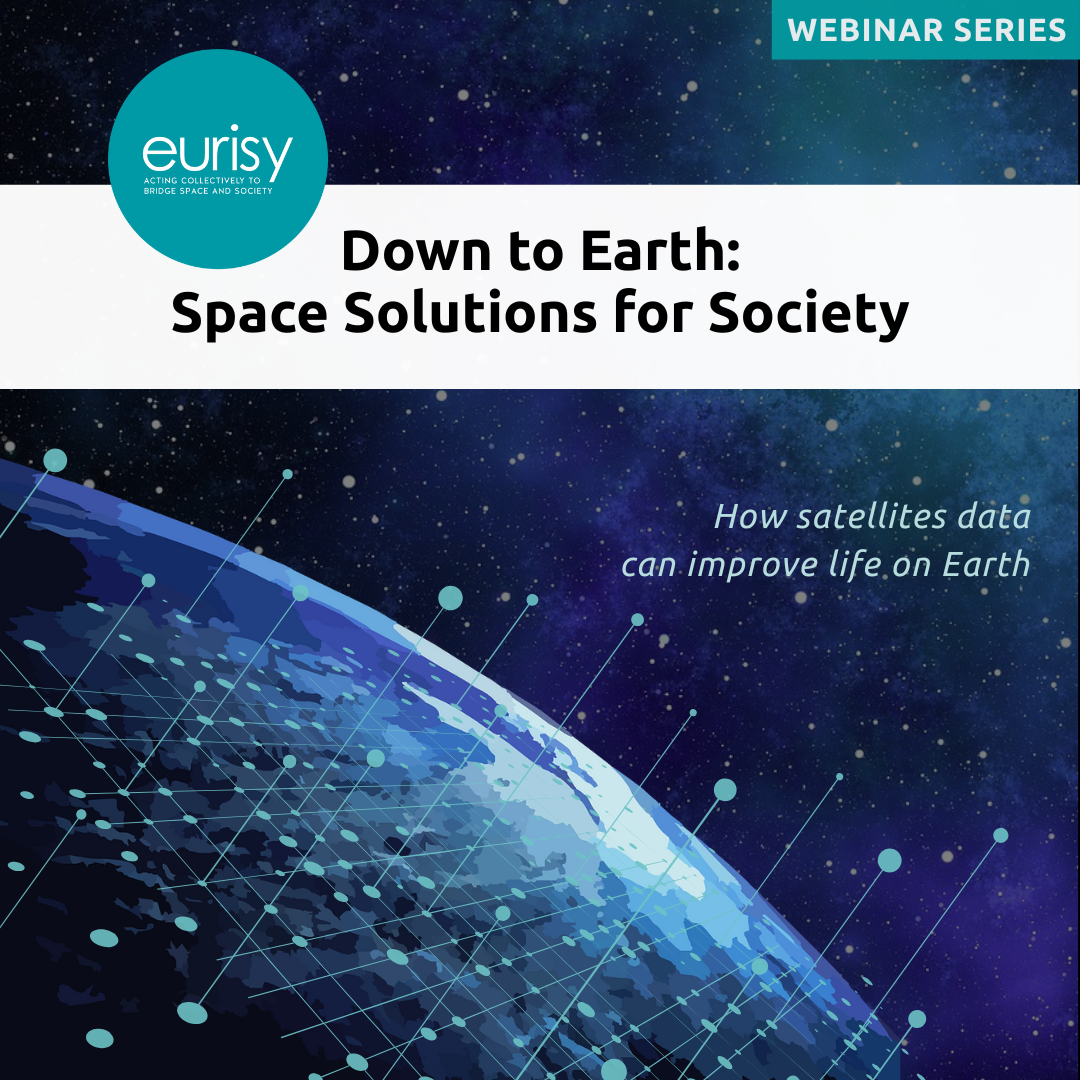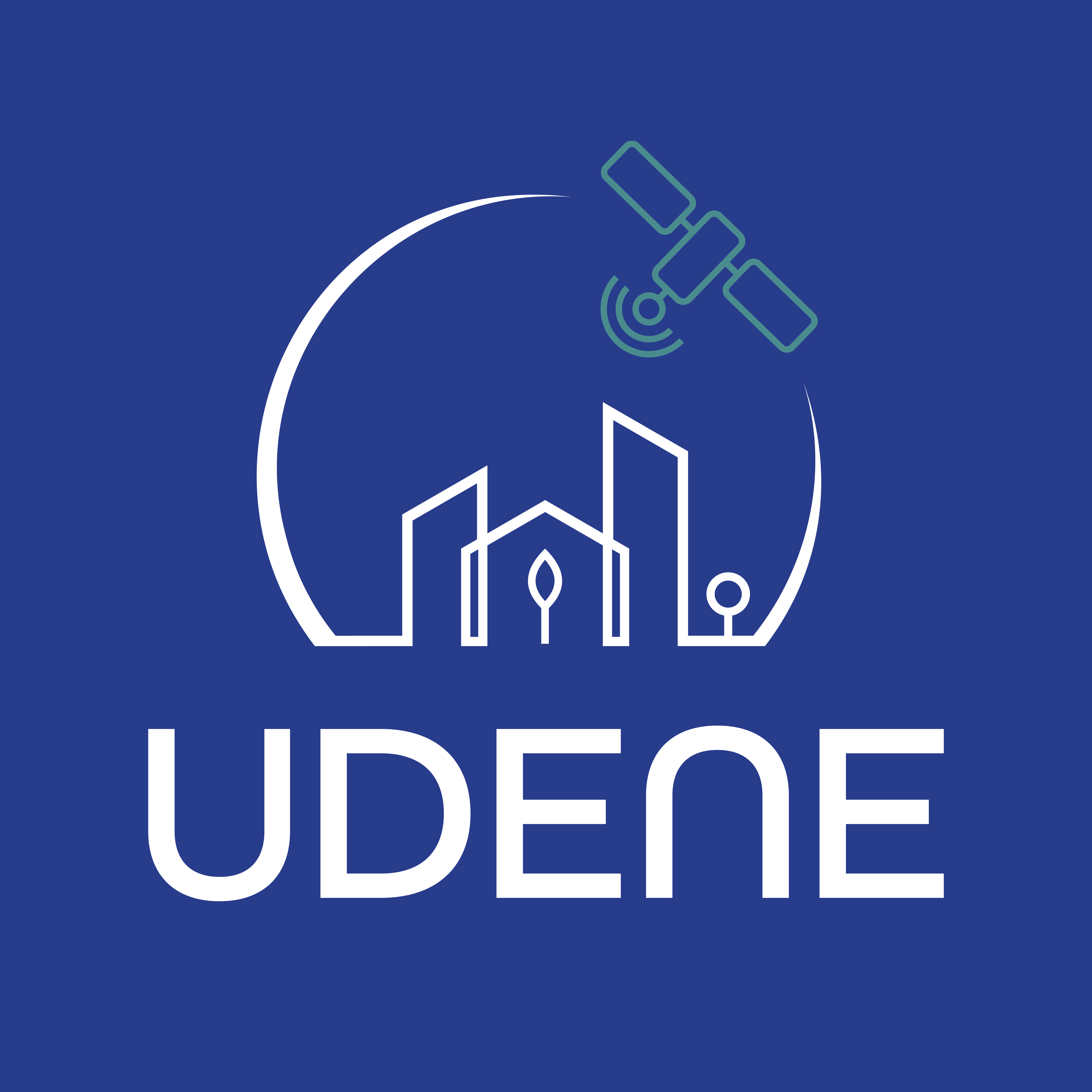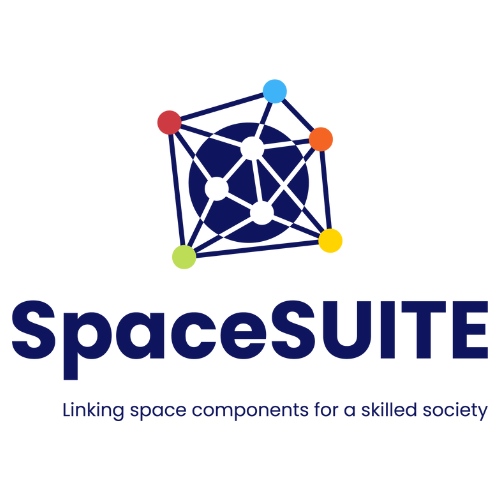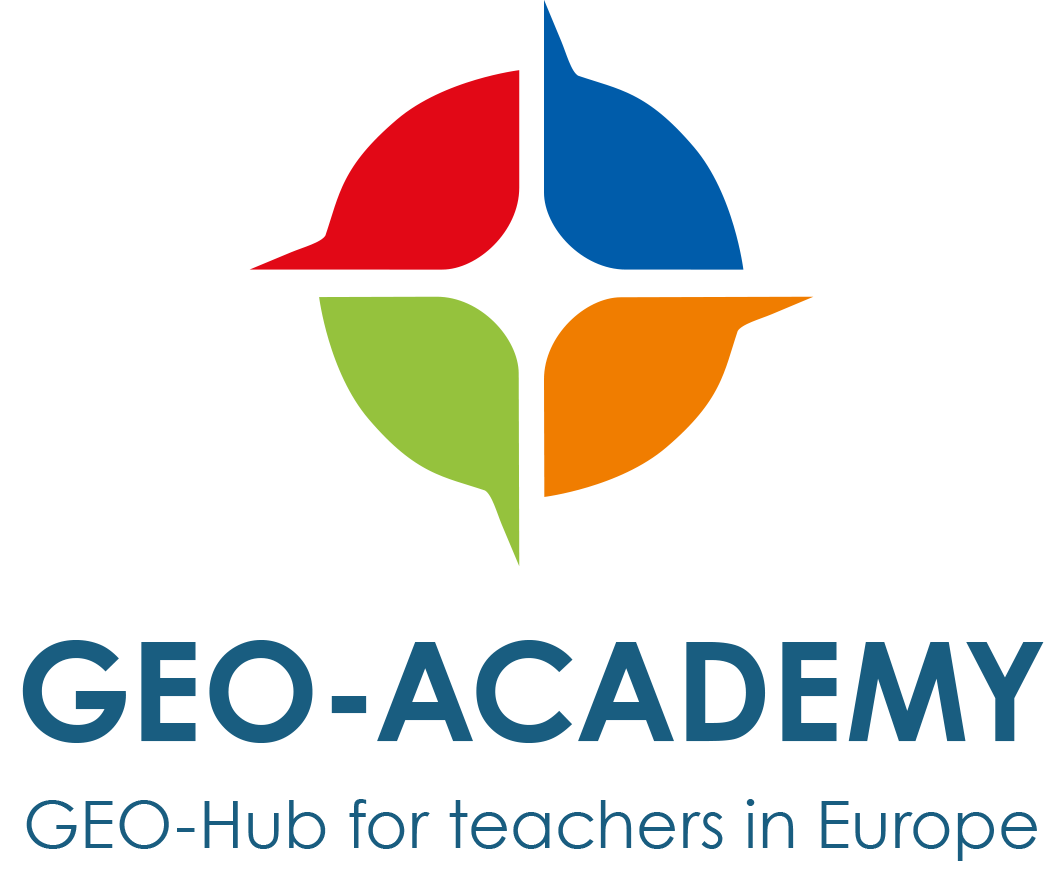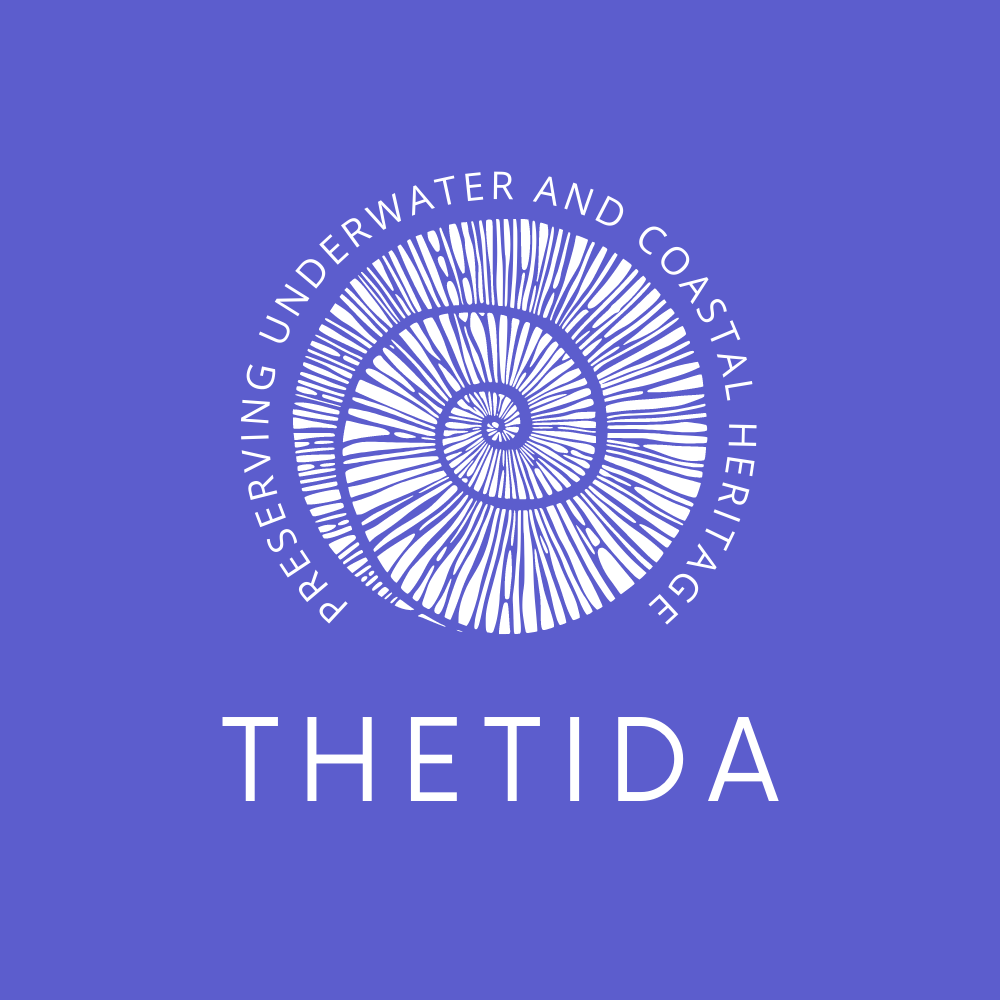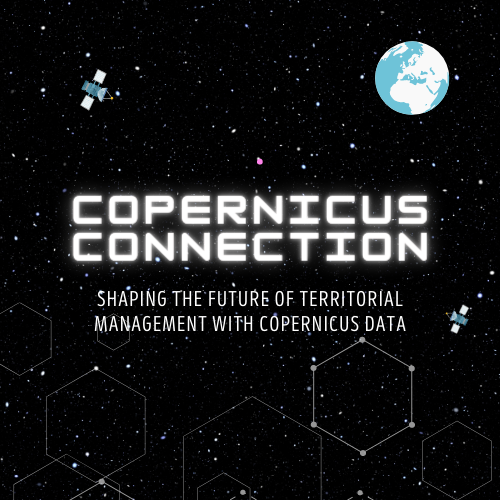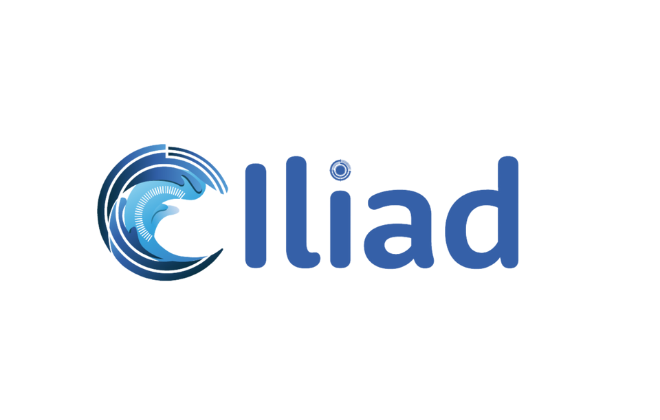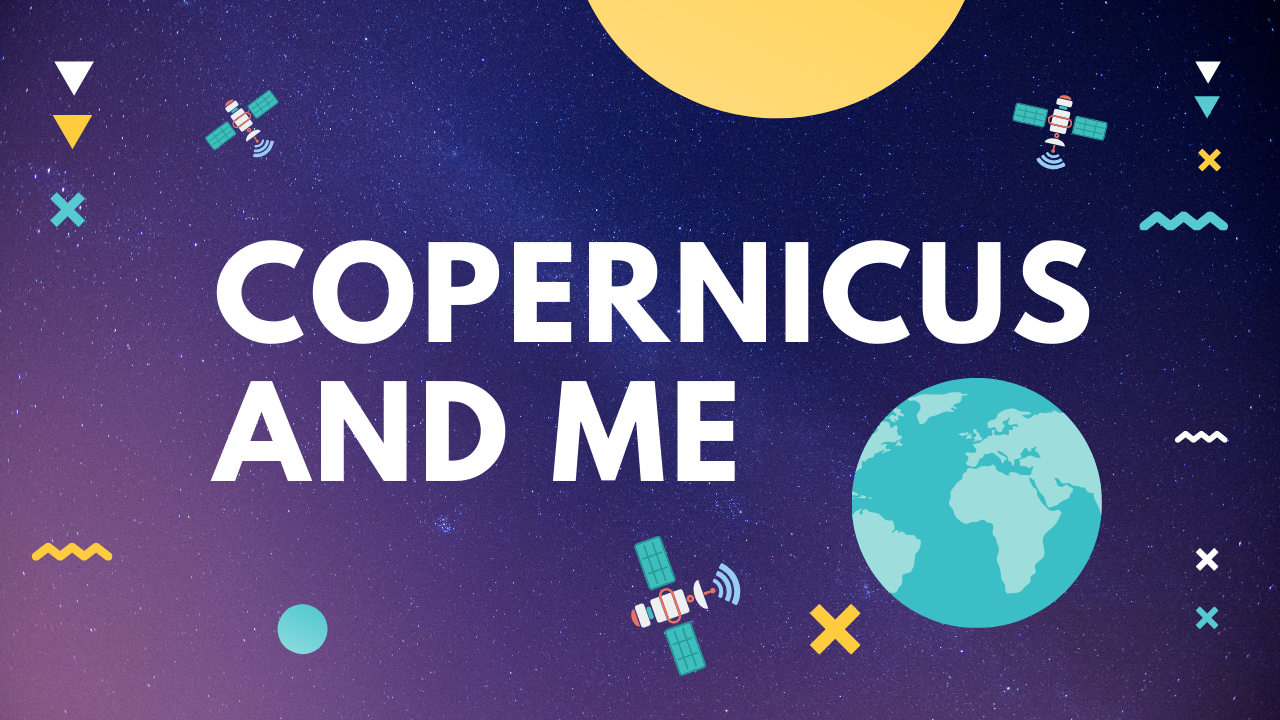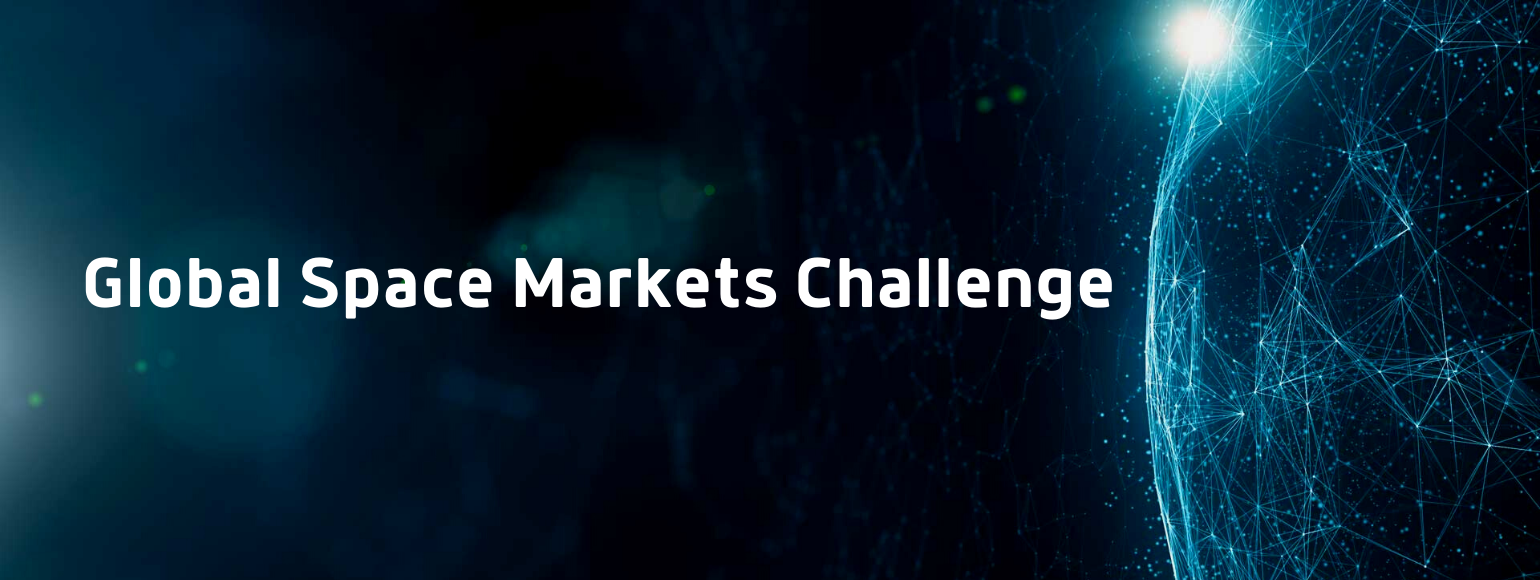The Global Space Markets Challenge was a competition launched by ESA with the operational and technical support of Eurisy. The Challenge's objective was to select the six SMEs in the space sector which submit the most promising and convincing internationalisation plans.
In the context of the increasingly important role played by SMEs, in particular in the European space sector, ESA is striving to encourage and support the growth of these companies so that they have increased chances to have access to finance, information, and contacts, and, more generally, to promote their capabilities and know-how, in Europe and abroad.
The winning companies of the competition have been integrated in the Space Service Hub, an initiative to showcase European champions’ satellite-based solutions in different areas from smart cities to rural and coastal areas. You can access the 3D web platform here: www.eurisy.eu/space-service-hub/
